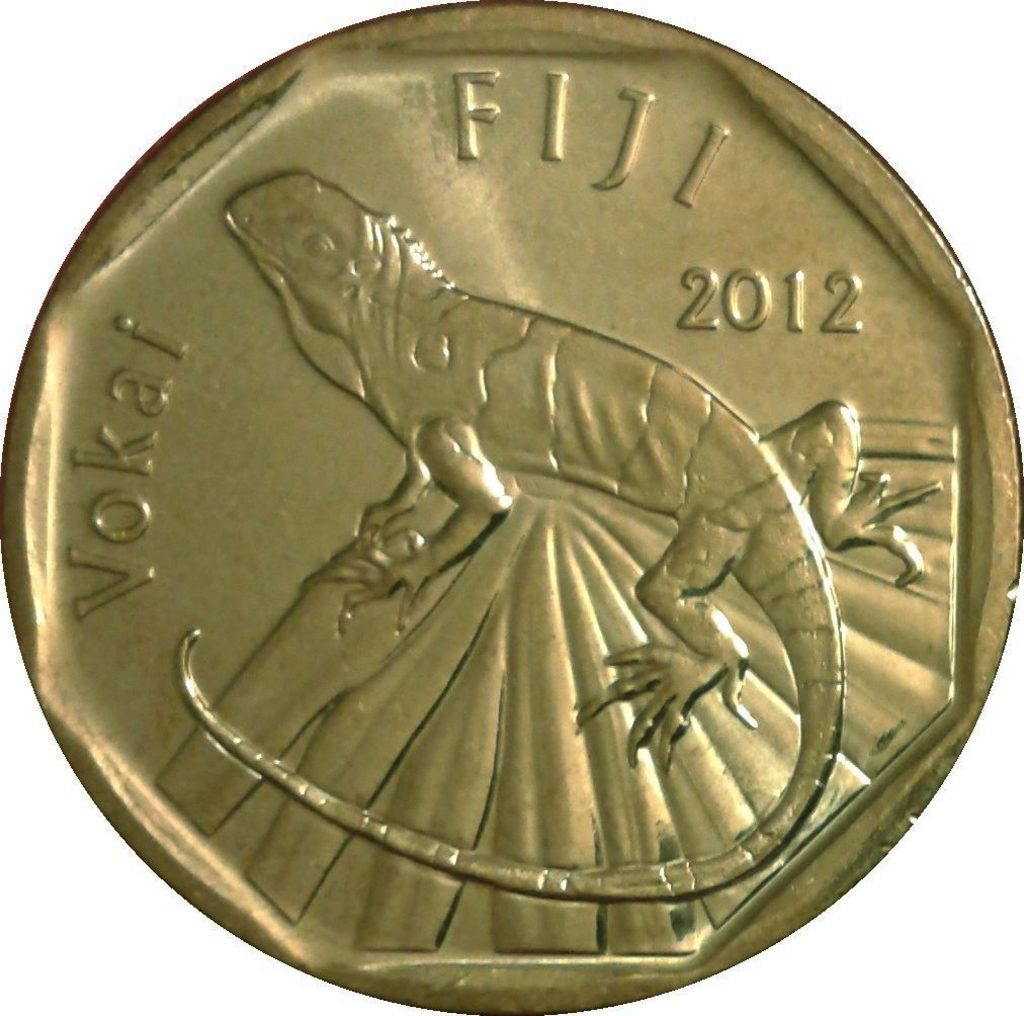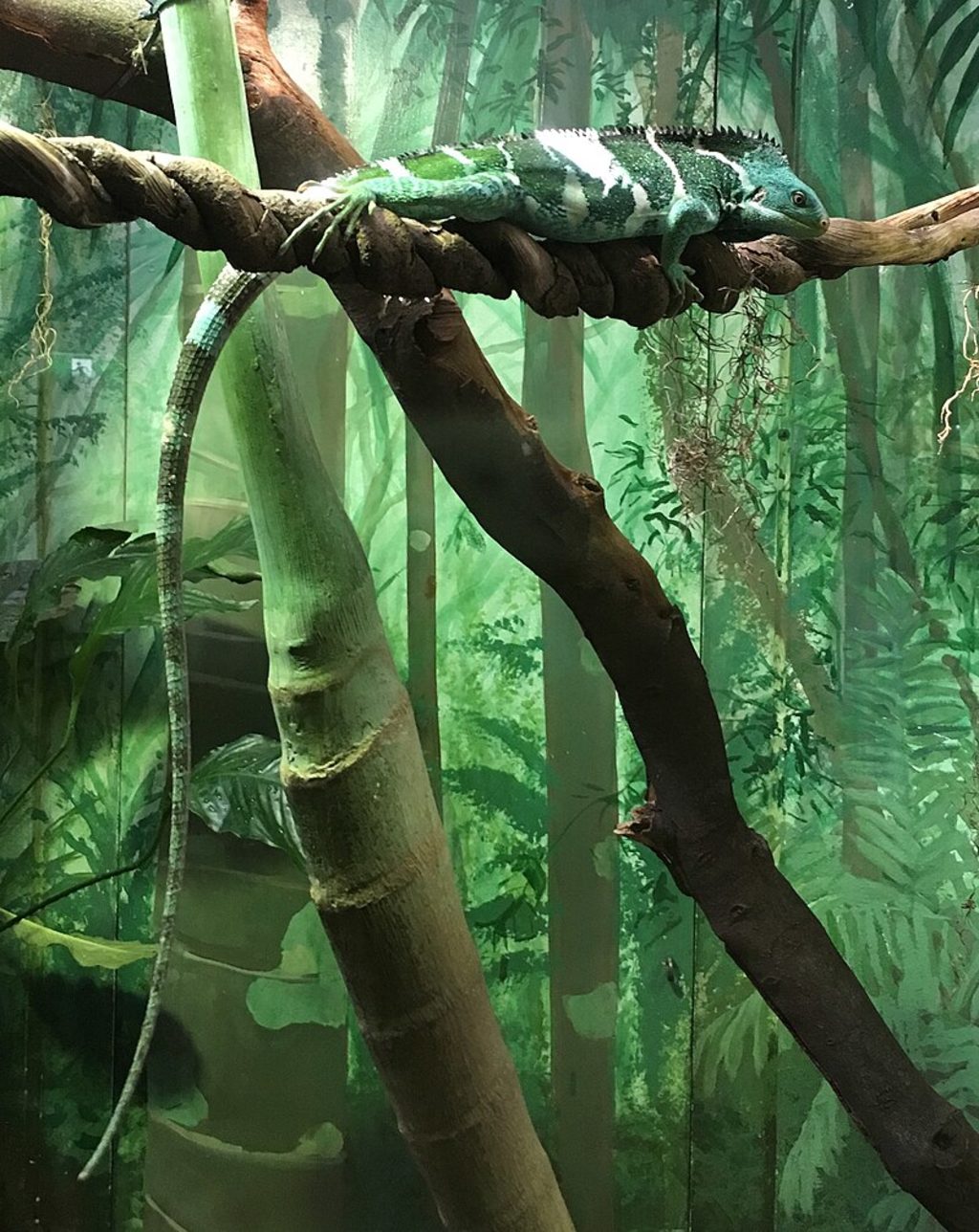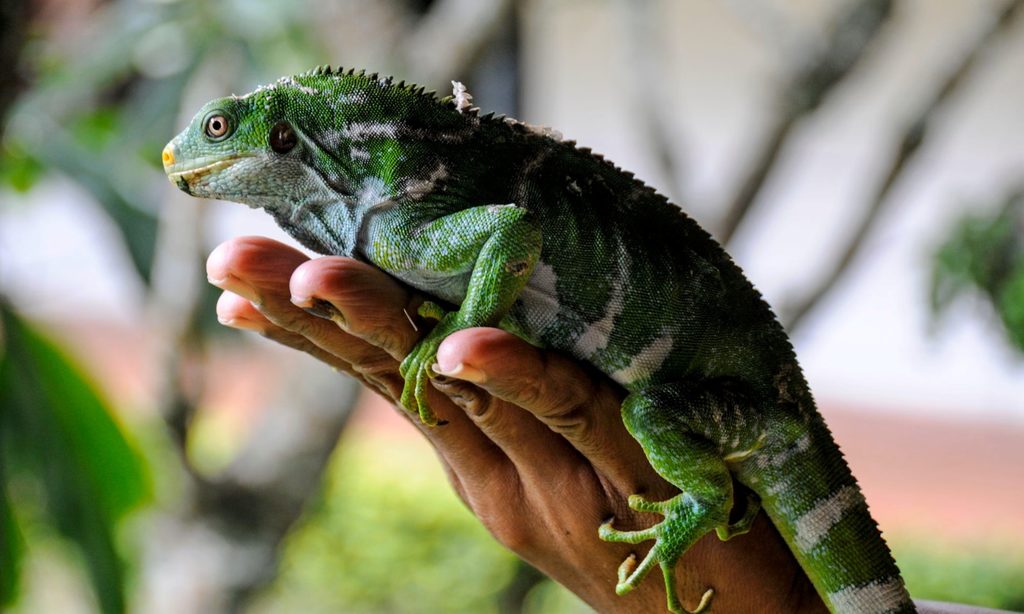Charles Darwin’s theory of evolution by natural selection basically asserts that species which can evolve and adapt to challenging environments will always survive.
Scientists have recently uncovered evidence that the Vokai or Fijian iguana arrived here millions of years before our ancestors, braving the vast Pacific Ocean, travelling more than 8,000 kilometres from North America.
The findings are detailed in a comprehensive study published in the ‘Proceedings of the National Academy of Sciences’.
A breakthrough
The study, which was led by Dr Simon Scarpetta from the University of San Francisco, utilised advanced genome sequencing to pinpoint the origins of Fiji’s iconic iguanas (Brachylophus).
By analysing over 4,000 genetic markers from iguanid lizards across the Americas and the Pacific, the team confirmed that the closest living relatives of Fijian iguanas are North American desert iguanas (Dipsosaurus).
“This isn’t just a case of island hopping,” explained Dr Scarpetta.
“Our data show these lizards diverged from their North American ancestors around 34 million years ago coinciding with the formation of Fiji’s volcanic archipelago.
The only plausible explanation is a single, unprecedented rafting event.”
The great Pacific drift
The study dismisses long-debated theories that iguanas reached Fiji via ancient land bridges or stepping-stone islands.
Instead, the findings illustrate an audacious crossing by sea.
Floating on vegetation mats, a phenomenon observed in modern iguanas, these hardy reptiles likely survived months adrift, riding ocean currents from the coast of present-day Mexico or California to Fiji.
“Iguanas are uniquely suited for such journeys,” noted co-author Dr Benjamin Karin.
“They can endure extreme heat, dehydration, and long periods without food, traits that would have been critical for surviving a trans-Pacific voyage.”
Why Fiji?
Fiji’s formation because of volcanic activity 39 million years ago created an ideal oasis for the seafaring reptiles.
With largely no native predators, the pioneers flourished, metamorphising into the iguana species present that exist today.
The research also emphasised Fiji’s role as “biological laboratory,” where isolation gave way to rapid diversification.
A new benchmark
The findings elevate iguanas to the top of the leaderboard for animal dispersal.
Previously, the title for longest vertebrate rafting event was held by skinks and geckos, which crossed the Indian Ocean to colonise Madagascar, a 4,000-kilometre trip.
“This reshapes our understanding of how species conquer remote islands,” said Dr Jimmy McGuire, a senior author.
“It’s not just about chance; traits like drought resistance and herbivory may predict which animals can achieve these incredible feats.”
Implications for conservation
Fijian iguanas are now critically endangered, with habitat loss and invasive species threatening their survival.
Understanding their origins underscores the urgency of conservation efforts.
“These iguanas are living relics of one of nature’s most audacious journeys,” said Dr Robert Fisher, a co-author.
“Losing them would erase a chapter of evolutionary history.”
The study also challenges assumptions about oceanic dispersal.
“If iguanas could cross the Pacific, what else might be possible?” mused Dr Scarpetta.
Future research could explore whether other species, from insects to small mammals who may have made similar voyages undetected.
This tale of the humble Vokai’s journey is a living tribute to Darwin and a reminder that the living things around us are as resilient as we are.
The Vokai or Fijian Iguana is a national treasure and is featured on the one dollar coin. Picture: SUPPLIED

A Fijian crested iguana with the full length of its tail visible, photographed at Taronga Zoo Sydney. Picture: WIKIPEDIA

